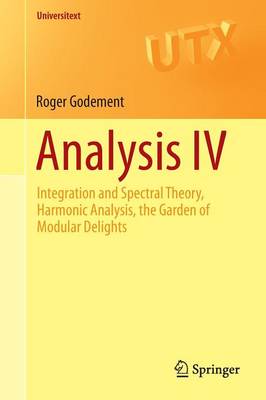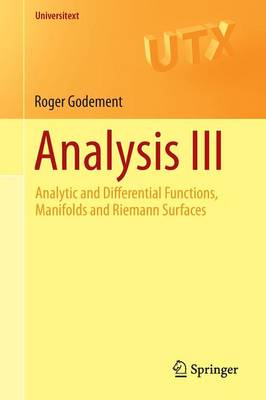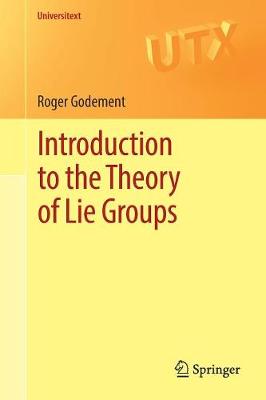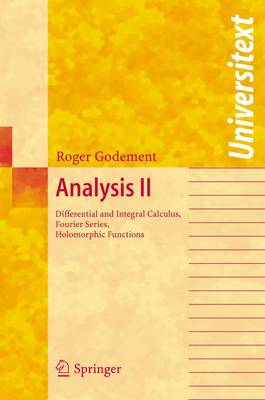Universitext
4 total works
Written by a master of the subject and influential member of the Bourbaki group, the French edition of this textbook has been used by several generations of students. This translation preserves the distinctive style and lively exposition of the original. Requiring only basics of topology and algebra, this book offers an engaging introduction to Lie groups for graduate students and a valuable resource for researchers.
Functions in R and C, including the theory of Fourier series, Fourier integrals and part of that of holomorphic functions, form the focal topic of these two volumes. Based on a course given by the author to large audiences at Paris VII University for many years, the exposition proceeds somewhat nonlinearly, blending rigorous mathematics skilfully with didactical and historical considerations. It sets out to illustrate the variety of possible approaches to the main results, in order to initiate the reader to methods, the underlying reasoning, and fundamental ideas. It is suitable for both teaching and self-study. In his familiar, personal style, the author emphasizes ideas over calculations and, avoiding the condensed style frequently found in textbooks, explains these ideas without parsimony of words. The French edition in four volumes, published from 1998, has met with resounding success: the first two volumes are now available in English.



